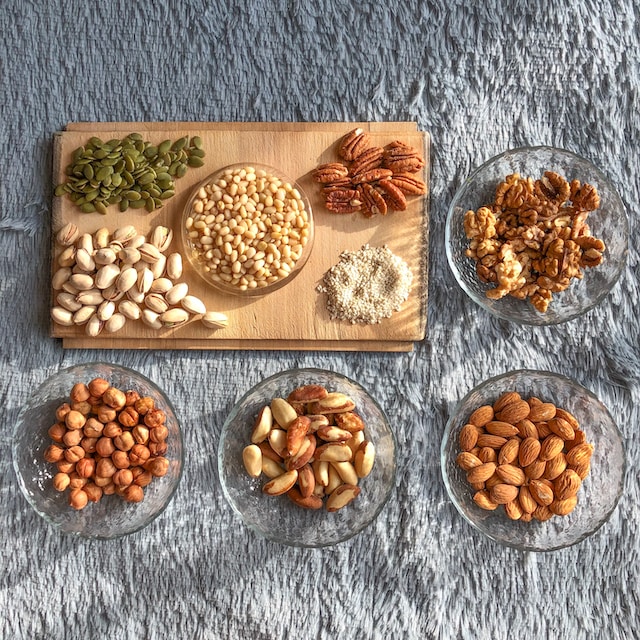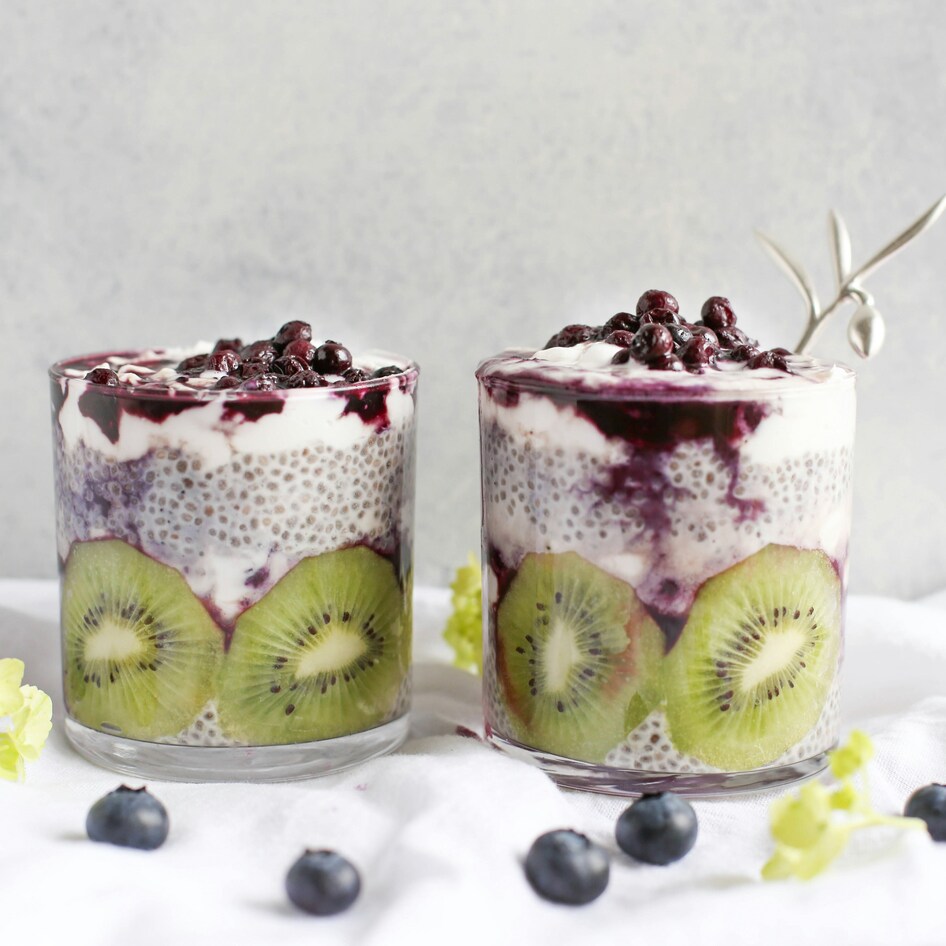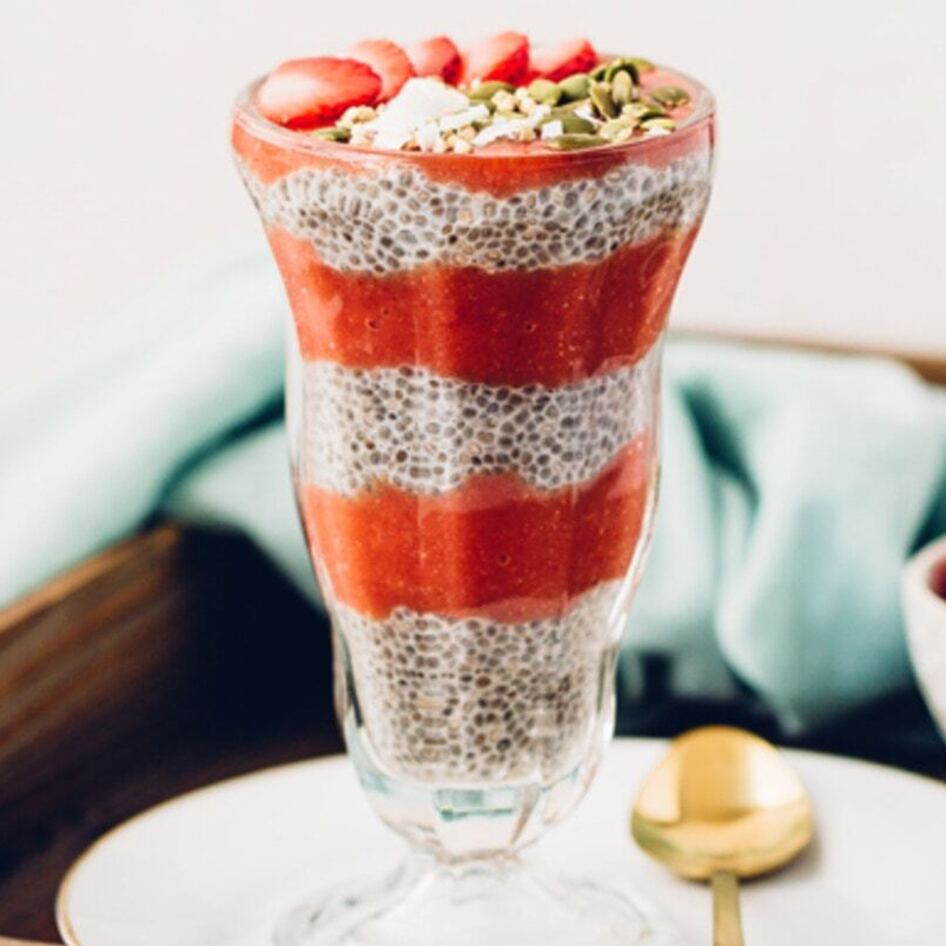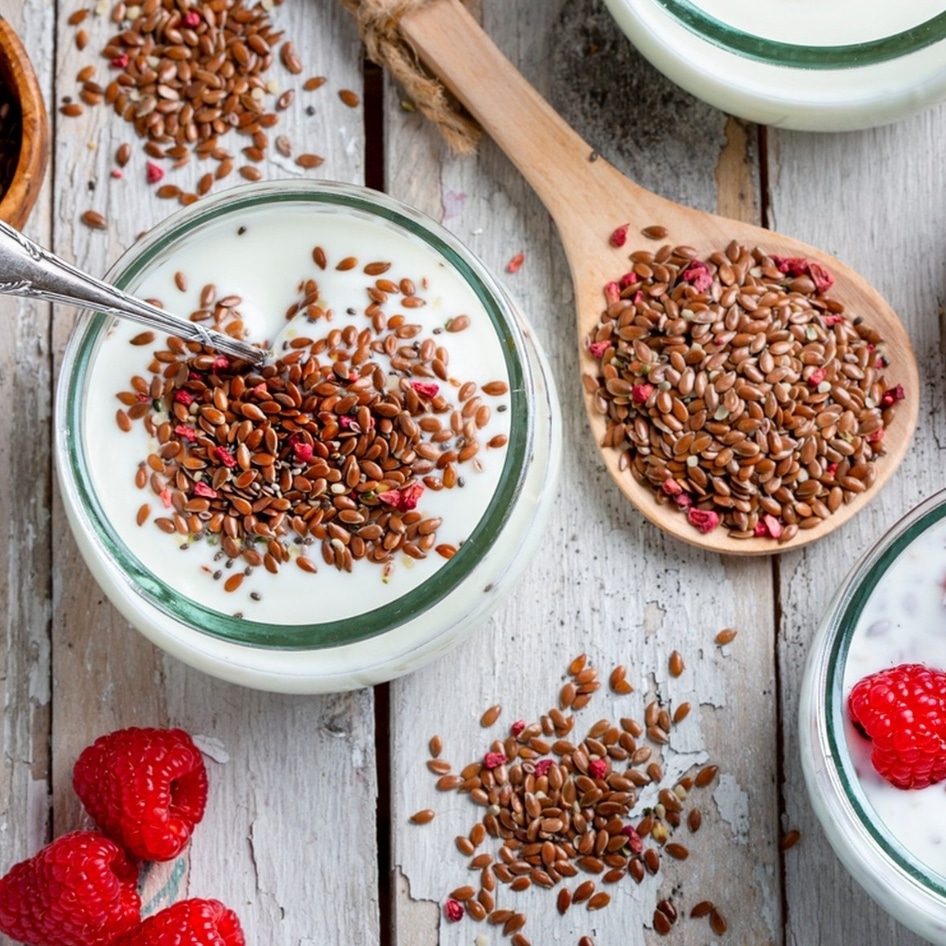According to Joe Rogan, our bodies don’t know what to do with canola oil. The comedian, commentator, and controversial host of The Joe Rogan Experience podcast is a proponent of the carnivore diet and is among thousands of people on the internet right now advocating for a boycott of seed oils over their alleged health risks. Another carnivore diet enthusiast, known on social media as Carnivore Aurelius, has labeled seed oils “the most destructive force in the world today,” in a post that has more than 23,400 likes. But where is all the panic around seed oils coming from? And do we really have anything to worry about?
What are seed oils?
Seed oil refers to vegetable-based oils, like canola, soybean, corn, grapeseed, sunflower, and so on. They are often used for cooking, and they are a common food ingredient, too. You’ll likely see them listed on the back of packets of potato chips, for example, or things like white bread, French fries, and mayonnaise.
 Unsplash
Unsplash
Do we need to be worried about seed oils harming our health?
The anti-seed oil movement is gaining traction because people are concerned that they are seriously damaging our health. For example, in one post that compares a bottle of canola oil to bullets and arrows, Carnivore Aurelius notes, “[Seed oils] are hidden everywhere and linked to almost every chronic disease.” In another post on X, formerly known as Twitter, Carnivore Aurelius claims that before seed oils, less than 10 percent of people were obese, and “CVD was nonexistent.”
It’s important to note here that research suggests this is not true; even some ancient Egyptian mummies show evidence of cardiovascular disease. And, according to Healthline, researchers theorized this might be down to the food they were consuming (no, not seed oils, but likely fatty meats).
But is there any evidence to suggest that seed oils are causing chronic disease now? “As with most things, it depends on the oil and how much of it you consume,” nutritionist Jo Travers told iNews. “It’s largely the omega-6 content which can cause health problems and different seeds have different omega profiles.”
But while omega-6 has a bad reputation, many dietary and medical professionals also maintain that we really don’t need to be that concerned about it.
“The main charge against omega-6 fats is that the body can convert the most common one, linolenic acid, into another fatty acid called arachidonic acid, and arachidonic acid is a building block for molecules that can promote inflammation, blood clotting, and the constriction of blood vessels,” Harvard Health explained in 2019. “But the body also converts arachidonic acid into molecules that calm inflammation and fight blood clots.”
The publication refers to a study conducted by the American Heart Association, in which independent researchers reviewed dozens of studies on omega-6 and heart health.
“It turns out that the body converts very little linolenic acid into arachidonic acid, even when linolenic acid is abundant in the diet,” Harvard Health continues. “The AHA reviewers found that eating more omega-6 fats didn’t rev up inflammation. Instead, eating more omega-6 fats either reduced markers of inflammation or left them unchanged.”
Harvard has also debunked the thousands of recent social media posts scaremongering users about seed oils. That said, experts are not against the idea that many of the foods made with seed oils—like processed snacks and fast food items—are unhealthy. It’s just more likely that this is due to the high amounts of sodium, sugar, and refined carbohydrates they contain.
 Unsplash
Unsplash
If you’re concerned about the health impact of your food choices, Harvard recommends adopting a diet high in whole food sources of nutrients like omega-6, like nuts and seeds, rather than getting worked up over seed oils. “Evidence suggests that a diet high in these foods can help lower cholesterol and blood sugar and reduce heart disease risk,” it notes.
A growing body of evidence suggests that a plant-based, whole-food diet is among the healthiest diets to follow. Despite the fact that many of the high profile (and often far-right aligning) voices in the anti-seed oil brigade are against plant-based lifestyles, research suggests that eating more vegetables, fruits, nuts, seeds, and whole grains may reduce your risk of chronic diseases, including heart disease and certain types of cancer.
And please, keep wearing sunscreen
Finally, there is another part of the conversation social media users need to be aware of when it comes to seed oils. Avoiding them is not an effective substitute for sunscreen, as a number of TikTok posts indicate. “Online claims that suggest you can avoid sunscreen use if you eat the right foods are false,” medical dermatologist Alexander Witkowski, MD, PhD, categorically told Insider.
If you want to improve your skin health, eating a diet packed with vitamins, minerals, and antioxidants might help (ahem, plant-based whole foods), but you still need to wear sunscreen (all year round).
The best way to protect yourself from the sun? Witkowski says what most of us have been taught for years now. Wear a hat, consider UV-protective clothing, and use SPF 30 or higher. For vegan sunscreen recommendations (and more information on why sunscreen is effective protection from the sun), follow our guide here.
For more vegan news, read:
JUMP TO ... Latest News | Recipes | Guides | Health | Subscribe









